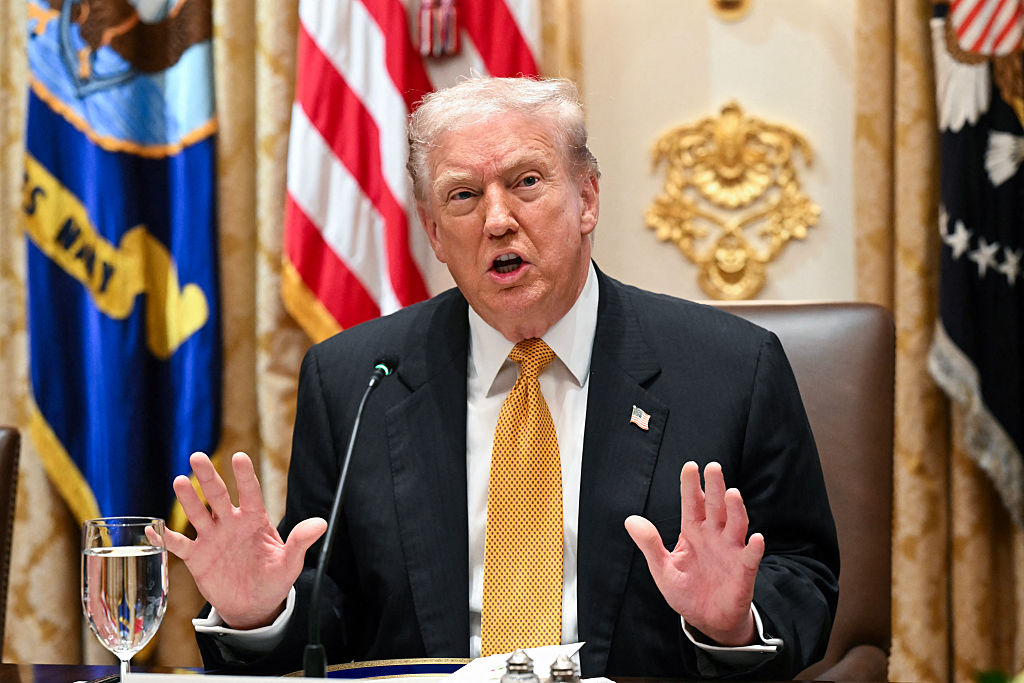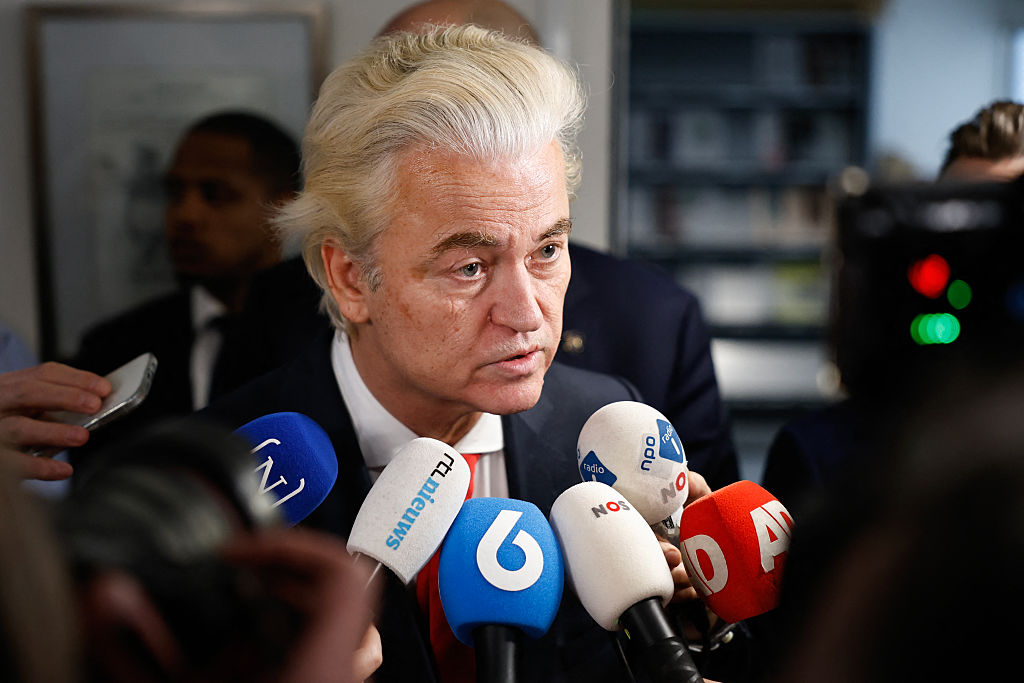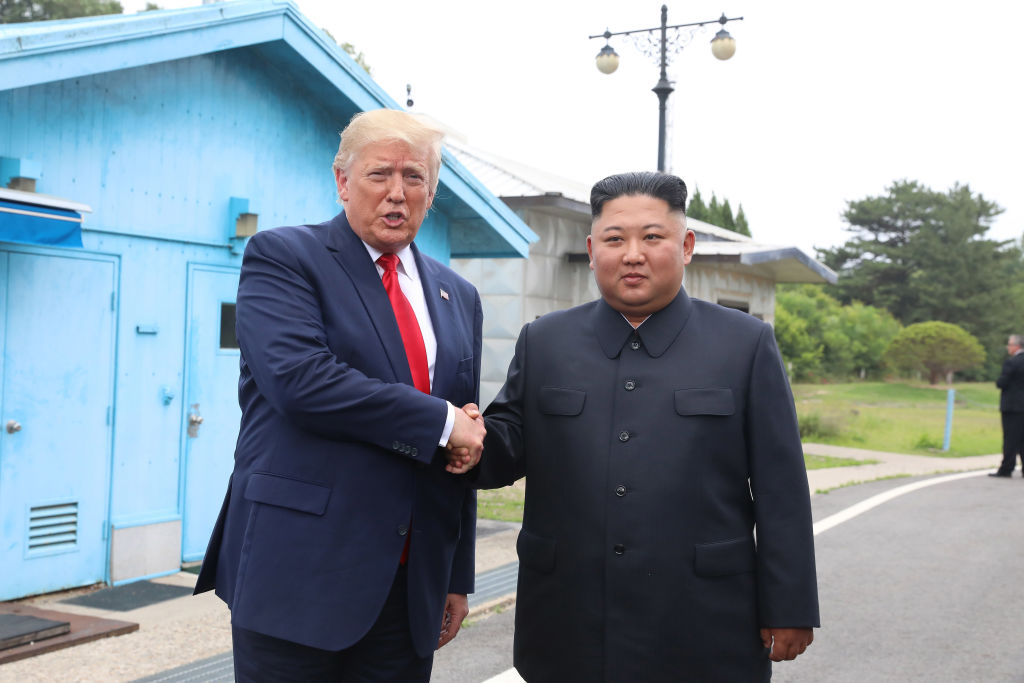The war in Ukraine will dominate the news for the foreseeable future. But while the bombings will eventually cease, the economic consequences for the world have just begun. That’s because in an era of increasing interconnectedness, economic impacts don’t stop at borders.
Most attention has been focused on the immediate impacts of sanctions on Russia, and they are significant. In the past, sanctions have proven largely ineffective at punishing foreign enemies. President Barack Obama, for example, failed to use them effectively in 2014 during the last Ukrainian-Russian dispute.
But this time, the actions taken against Russia were largely unprecedented, with even traditionally neutral countries like Switzerland and Sweden calling for restrictions that are “as big as they can be.”
That response has included sanctions targeted directly at Russian president Vladimir Putin himself, as well as the oligarchs who continue to stand by his side. Perhaps most significantly, Russia was cut off from SWIFT, the Society for Worldwide Interbank Financial Telecommunication. SWIFT is a critical part of the world’s payments system; Russia’s exclusion from it makes it more difficult for them to settle international transactions.
The Russian stock market remains closed, apparently based on a belief that investors won’t face losses if the market never opens. Russia’s largest lender, Sberbank, has lost 90 percent of its market value. Other Russian companies that trade overseas have seen their value collapse.
Meanwhile, the Russian central bank hiked interest rates to 20 percent, while Putin imposed last-ditch capital controls that prevent anyone from leaving the country with more than $10,000 of foreign currency. Even without an outright ban on imports of Russian oil, the country has been struggling to sell its oil on the open market — even when offering it at a discount to the prevailing market price.
The response to Russia’s invasion of Ukraine hasn’t been limited to actions by governments, either. Dozens of major corporations, ranging from Ikea to Netflix and TikTok, have stopped doing business with the country. Even more damaging, Visa, Mastercard and American Express have ceased processing transactions in Russia. Unsurprisingly, Russia saw Moody’s drop its debt rating to Ca, which means it’s near junk status, and the risk of default has skyrocketed.
This economic harm to Russia is dramatic, and it won’t be contained to that region of the world. The war and the West’s response will harm the rest of the world in the coming months and years — and perhaps even longer than that.
Consider just a few of the consequences we’ve already seen. Oil prices briefly hit $130 a barrel, an all-time high, and some are predicting it may top $200 or even $300 per barrel. This run up has also led to adverse effects on plastic producers. Meanwhile, wheat prices are up nearly 70 percent, an outcome that is, as at least one commenter noted, historically correlated with “instability and violence.”
Natural gas prices are climbing, too, and central banks in other countries are now taking action to curb inflation — which was already rearing its ugly head long before the crisis in Eastern Europe. In Hungary, the central bank has hiked interest rates the most since 2008.
Major stock market indices lost more than 3 percent in a single day due to fears of a US import ban on Russian oil — an outcome that came a day later. Shell is the latest company to cease buying Russian crude. Those losses were led by American Express, which saw its stock price lose nearly 18 percent after the corporation’s decision to vacate the Russian market.
Many private schools in the United Kingdom, long reliant on tuition from wealthy Russian oligarchs, are taking huge hits also. And let’s not forget the strains caused by the refugee crisis: with nearly two million Ukrainians leaving the country, the population of Poland has increased by more than 3 percent in just ten days.
This will only be the beginning. Places that border Russia and Ukraine will bear more of that burden in the short term, but no corner of the world will be spared. While countries like Finland — where it’s been estimated more than a quarter of companies do business with Russia — will face consequences first, the impact is sure to spread far and wide.
Higher gas prices are likely here to stay, and some have already noted that the international financial landscape is likely to change in response to the weaponization of SWIFT. The Russian economy may only rank eleventh in the world, but the reliance of other developed economies — mainly Europe — on its natural resources means this impact is likely to have ripple effects that can’t be immediately rectified. While Germany, as one example, may now be reopening discussion about the wisdom of weaning itself off nuclear energy, such policy about-faces cannot occur overnight.
The western world may not have a choice when it comes to sanctioning Putin’s Russia for its expansionary aims. But we should not pretend that we are immune from the economic consequences, and we should plan for how to deal with those impacts before it is too late. War is bad for everyone, and the conflict in Ukraine is likely to bring us pain long after military actions cease.

























